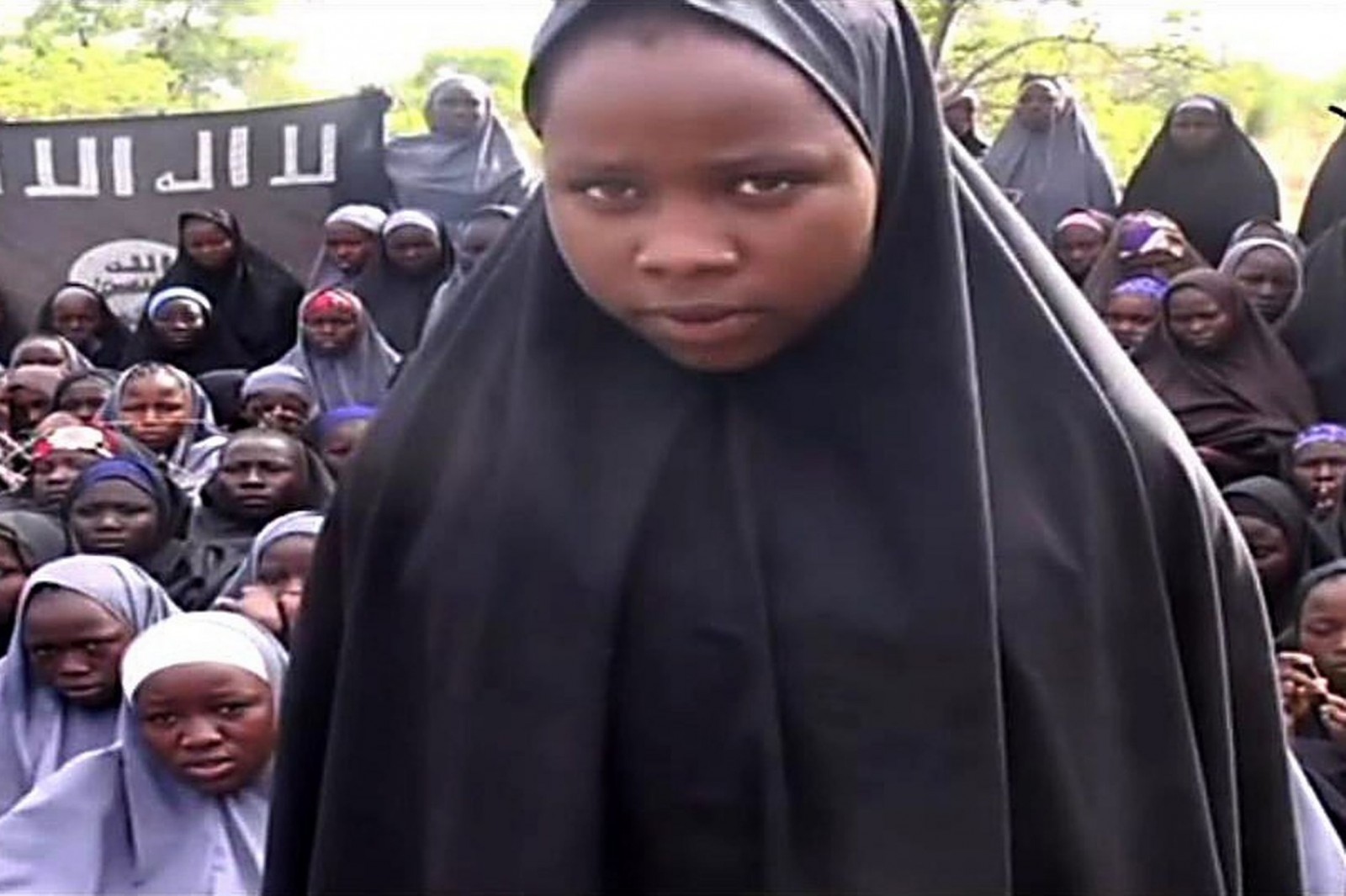Every week, HuffPost bring you one overlooked aspect of the events that made news in recent days. You noticed the media forgot all about another story’s basic facts? Tweet @TheWorldPost or let us know on our Facebook page.
Local police in Nigeria announced Thursday that one of the more than 200 girlskidnapped by the militant group Boko Haram in April had been released this week. Her return was some of the first hopeful news in more than five months.
The #BringBackOurGirls campaign has drawn global attention to the Chibok students’ plight. But its focus on the fate of the missing girls has also obscured the brutal truth that Boko Haram does not target only girls and young women but boys and young men as well.
Boko Haram has attacked a wide variety of targets as part of a violent push to establish an Islamic state in the north of Nigeria. Thousands of Nigerian civilians and members of security forces have lost their lives in assaults aimed at military headquarters, bus depots and markets, among other places.
Children have been particularly affected by the violence: Boko Haram has heavily targeted secular schools in an attempt to prevent students from receiving non-religious education — sometimes killing them. The militant group also forcibly enlists children, especially boys.
Dozens of male students have been murdered in attacks on their schools in the past year. In September 2013, nearly 50 students were killed when Boko Haram gunmen opened fire in the dormitories of the College of Agriculture in northeastern Yobe state. “They attacked our students while they were sleeping in their hostels. They opened fire at them,” Molima Idi Mato from the college told the Associated Press in the wake of the attack. He added that the assailants had entered the four male dorms but left the female sleeping quarters untouched.
Several months later, on Feb. 25, 2014, fighters launched an overnight attack against the government college of Buni Yadi, also in Yobe state. Survivors of the assault toldinvestigators from the Watchlist on Children and Armed Conflict, a network of international nongovernmental organizations, that the militants ordered the girls at the college’s hostel to go home, marry and never return to school. Between 29 and 59 boys in the dormitory were brutally killed.
A 13-year-old boy who survived the killing spree later told the investigators:
We were sleeping in the hostel. We heard the gunshots. I woke up from sleeping. … Ten boys were in the room. … I went out of the room. … I was running. … I was feeling afraid. … I had gotten out of the room and I was shot at in the leg. … The person pointed a gun at me. … I fell down. … I was hit with two bullets on my left foot. … I pretend[ed] like I died … because if I didn’t pretend, they would shoot me again. … It felt like 30 minutes.
Just like the girls in the Chibok school, Boko Haram has also targeted boys in mass abductions. The militants are believed to force the children to fight or do chores in the camps.
On Aug. 11, Boko Haram fighters kidnapped nearly 100 boys and men in a remote fishing village near Lake Chad. “They left no men or boys in the place — only young children, girls and women,” survivor Halima Adamu told Reuters. Most of the hostages were later freed by the Chadian army.
According to Watchlist, Boko Haram has forced children to burn down schools and churches, to transport weapons and sometimes to carry out armed violence. Janine Morna, author of a Watchlist report for the United Nations on children and the conflict in Nigeria, said that “Boko Haram abducts boys and girls and, in particular, forces boys to join their ranks or face death.”
Watchlist reports that in addition to abducting boys, the militants sometimes pressure them to join by threatening to hurt their families if they don’t.
A 10-year-old boy who escaped a Boko Haram camp earlier this year said that he had been forced to do household chores for the militants. He said he was captured while living under the care of an Islamic teacher in Borno state.
“Life was terrible in the bush with Boko Haram. We were treated like slaves and always hungry,” the boy said.







